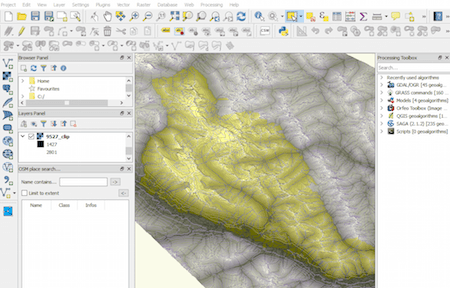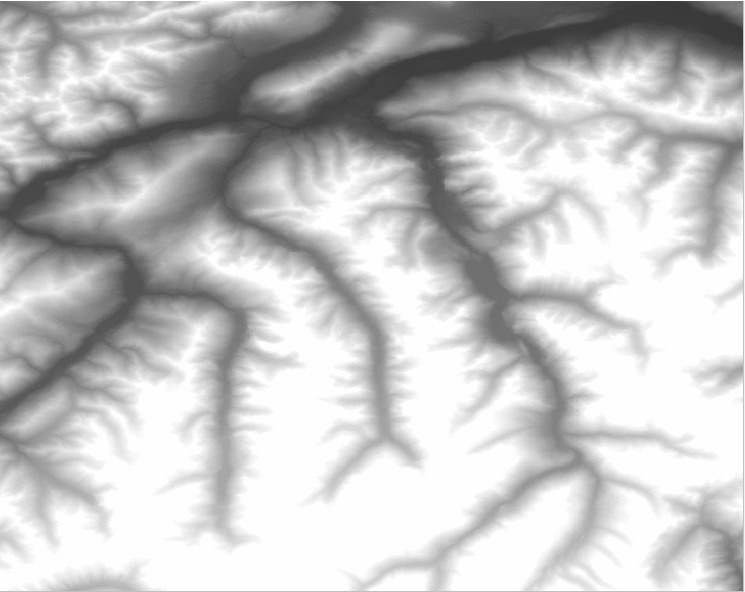Dear GRASS GIS: Happy birthday! There has been a lot movement in the last decades and you enriched our workflows and our way of spatial thinking. There were books written for you , movies filmed for you and you’ve got your very personal encounter with Star Trek:
But let’s be honest: have you increased our spatial work, our way to treat things, the way we learn? Yes you have, partially!
As I was watching this video I’ve seen workflows and concepts I was teaching to students 20 years later as well. Except the computational power behind our GIS software I have not seen any evolution. Lets compare this to the usage of a PC. First PCs came along with the first GIS systems and found their ways in the home of the people and the classrooms of our secondary schools shortly after. But how about GIS and the usage of it? Looking into my way at the university and those of students I know the university is the first place where people get in contact with GIS and yet they’ve used it already with Google Maps or Google Earth or a GPS system. There is still the need to talk about the creation of slope rasters and their visual interpretation, the stating of the advantages of an information-layer-system. So still the same contents commented by William Shatner above.
I wish you and all your colleagues a big next chapter: Find your ways into the schools and the homes of people… Please do elementary raster calculations already available at adding a DEM to your project, increase documentation with common words so everybody will understand it. Connect yourself with mathematicians so everyone who is in contact with them also knows about the spatial applications of simple mathematical concepts: raster-calculations, derivations, the concepts of vector and raster math and coordinate systems.
But despite all the criticism: Happy Birthday





In Berlin you will find the term GIS only in the optional parts of Geography for the 10th grade. No mentioning in the higher grades…
high-school: http://www.berlin.de/imperia/md/content/sen-bildung/unterricht/lehrplaene/sek2_geografie.pdf?start&ts=1283429390&file=sek2_geografie.pdf
secondary school: http://www.berlin.de/imperia/md/content/sen-bildung/schulorganisation/lehrplaene/sek1_geografie.pdf?start&ts=1150101548&file=sek1_geografie.pdf
[…] rebloggt von digital-geography.com: […]